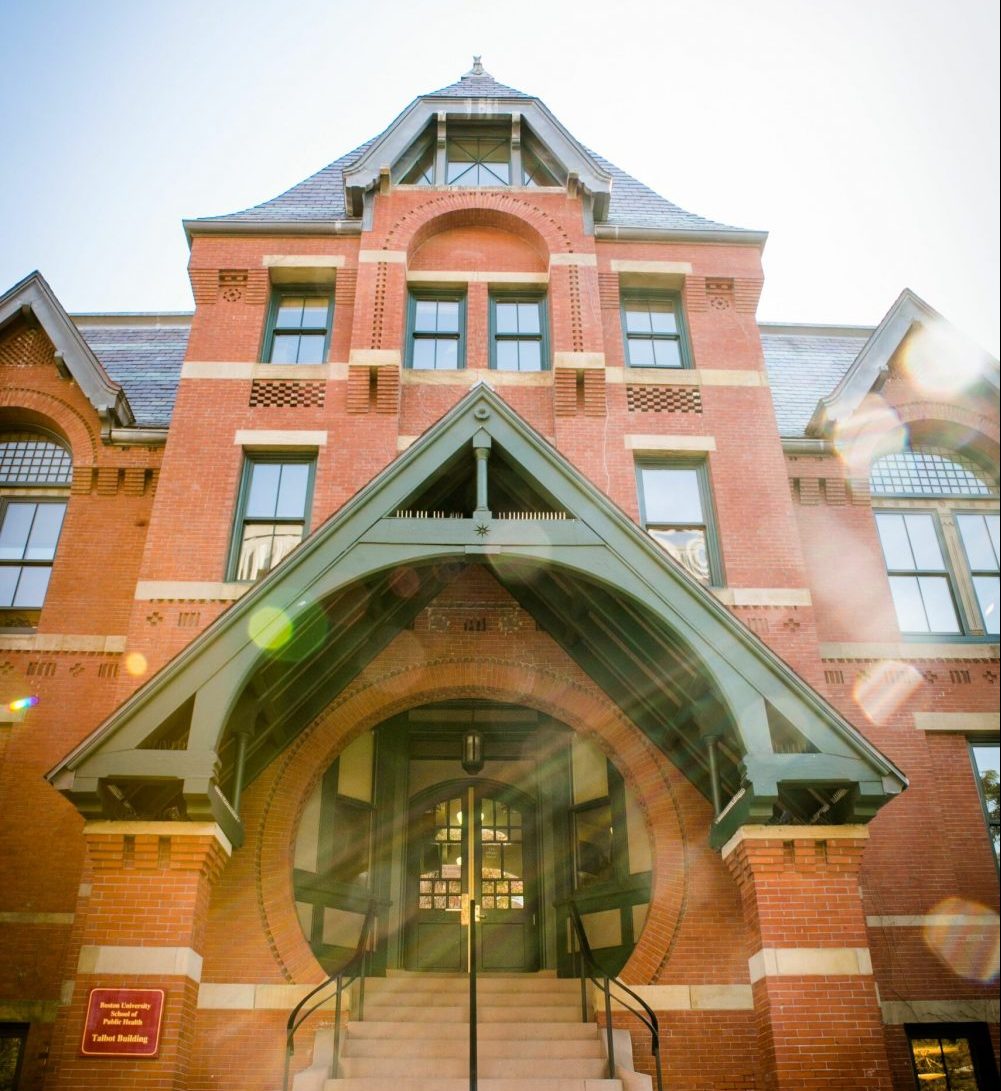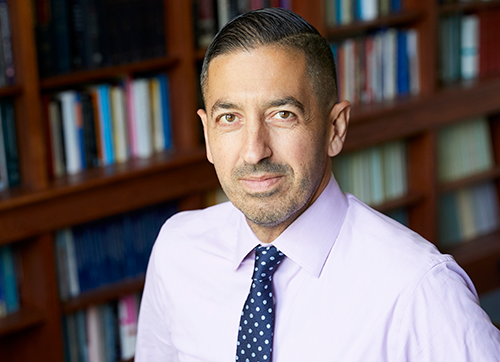Principles of Engagement in a Turbulent Year.

Principles of Engagement in a Turbulent Year
On working as a community to generate light, not just heat, in 2024 and beyond.
We are entering the last few months of a year that has been marked by horrors. Around the world, we have seen conflicts that have injured, killed, and displaced many. It has been nearly a year since the October 7 attacks, when Hamas invaded Israel, killed 1,139 people and kidnapped 251. Israel’s retaliatory actions in Gaza remain ongoing, a conflict which has killed over 40,000. Russia’s war on Ukraine also continues, with more than 500,000 dead and creating global tensions which threaten the world with their potential for nuclear escalation. In Sudan, a civil war has killed some 150,000 people and displaced over 8 million, with no end in sight. These conflicts are devastating for the millions of humans caught up in them. This reality has made for appropriately strong feelings, particularly on college campuses, as we have engaged with the challenge of what to do, as individuals and communities, when faced with atrocities that harm many.
The moment is ripe for turbulence and belligerence. These global conflicts are occurring against a backdrop of mistrust and division, with politics and culture increasingly polarized. In the US, we are facing a federal election in November with the potential to surface much of this division. It seems fair to anticipate that many of us will be engaged in the moment, that none of us will emerge without emotionally tangling with some aspect of what is swirling around us. This engagement will require, of all of us, a clear eyed commitment to our core purpose—the building of a community that can generate ideas, train the next generation, and yes, engage in the world of practice—and a reminder of how we maintain that community, and ensure it can continue to flourish, even through this challenging moment.
With that in mind, as we look ahead to the coming months, it seems worthwhile to ask: what are some principles of engagement that can guide our conversations and actions? How can we generate light and not just heat, to help us create a better world in 2024 and beyond? As I reflect on it, I would like to offer the following principles—which have emerged through thinking and reading and conversations with members of our community—that might help us as we move forward in this challenging time.
The first principle is a shared commitment to listening to one another. This is a moment that calls for being open to hearing what others have to say. Many members of our community are going through a difficult time right now, experiencing challenges we may not fully understand or even be aware of. But we do not have to understand in order to listen. It is important to remember that feelings are very real to the person experiencing them, and it is patronizing to dismiss them just because they may not be our feelings. It is our responsibility to recognize other people’s feelings and make space for these feelings even if we do not share them.
The second principle is our responsibility to engage in careful reading and understanding. Disagreement is often based on misunderstanding, particularly in the era of social media, where “facts” are dispensed with false certitude incentivizing us to speak before knowing all the facts, before doing the deep investigation that should be the basis for our opinions. This poses a challenge to all of us to ask ourselves before we speak if we really know, to put it bluntly, what we are talking about. Have we really read deeply about it, thought deeply about it? Or do we have only a superficial understanding of what we think we know? It is easy to skim some articles, gain a rough sense of what something is about, then feel like we know a subject through and through. This can mean that, on any number of subjects, we can find ourselves discussing a caricature of what we think we are talking about, rather than the subject as properly understood. We have seen this, for example, in conversations about Critical Race Theory, in which many have expressed strong opinions that reflect what others have written and posted about CRT more than they reflect what CRT actually is. We should not fall into this trap.
Number three is self-restraint. Many situations are made intractable by people saying what comes to mind without taking the simple step of pausing for a moment before speaking. I have written before about taking ten seconds to reflect before we speak, and this practice is particularly important when emotions are high, and people of goodwill find themselves on opposite sides of a fraught and complex issue. It is on us to recognize the sensitivity of the moment and to practice the self-restraint that supports constructive, respectful conversations. Even if there is something that needs to be said, it is not always the right time to say it, and we should be mindful of this.
Number four is keeping in mind, always, that creating a better world is only possible by building a base of respect and civility in pursuit of long-term solutions. We indeed should be clear-eyed about the horrors around us but also be clear about how we intersect with our responsibility to engage with these horrors in a constructive way. This means ensuring that all we say and do reflects the core values of respect and civility that permit the airing of divergent perspectives, that give space for those who think differently than we do, that, fundamentally, give space for each other. That does not mean forgetting what is happening—far from it—but acting collectively in a way that invests in a long-term better world, even as, in our own personal spaces, engage in helping alleviate the immediate suffering in any way we can.
And finally, the fifth principle, perhaps central to all five, is asking, before we do anything, what are we trying to achieve? We are committed to building a healthier world. Doing so depends on our capacity to bring people along, to persuade them to join our movement for health. If our goal is to achieve understanding, a commonality of perspectives, this is achieved sometimes—perhaps always—through finding means of conciliation not confrontation. It is true, of course, that bad ideas exist, and we should face them, but we can do so through disagreement that is not disrespectful, through articulation of ideas that does not shut other people down.
I am articulating these principles because I think they are useful guides for all of us, including for what I do in my role as Dean. I try to use these principles to inform what I say, how I say it, when I speak, and when I do not. I realize that there are moments when some may not agree about when I do, or do not, something about a particular event or moment. But I try, now and always, to be guided by these principles to think carefully about what I say and when I say it, and when I say nothing at all. I say this mindful of the critique that insists listening is always less effective than speaking in advancing a better world, and that to not speak is to be always complicit in injustice. This perspective is understandable, particularly in this moment. Yet the way to persuade is not always to speak, but sometimes to listen. The way to acknowledge horror and injustice is not always to cry out, but sometimes first to simply witness, to refuse to look away. There are times when we should speak, and we should recognize them when they occur, and do so, with the respect and civility that undergird all we do. But there are also times when speaking is less effective, less appropriate, than listening and learning in an effort to better understand the moment we are in. Having learned, we can then speak from a place of real understanding, and what we say will have the capacity to change hearts and minds, towards the creation of a better world. Thank you for being part of this process, every day.
Warmly,
Sandro
Sandro Galea, MD, DrPH
Dean and Robert A. Knox Professor
Boston University School of Public Health
Previous Dean’s Notes are archived at: http://www.bu.edu/sph/tag/deans-note/
